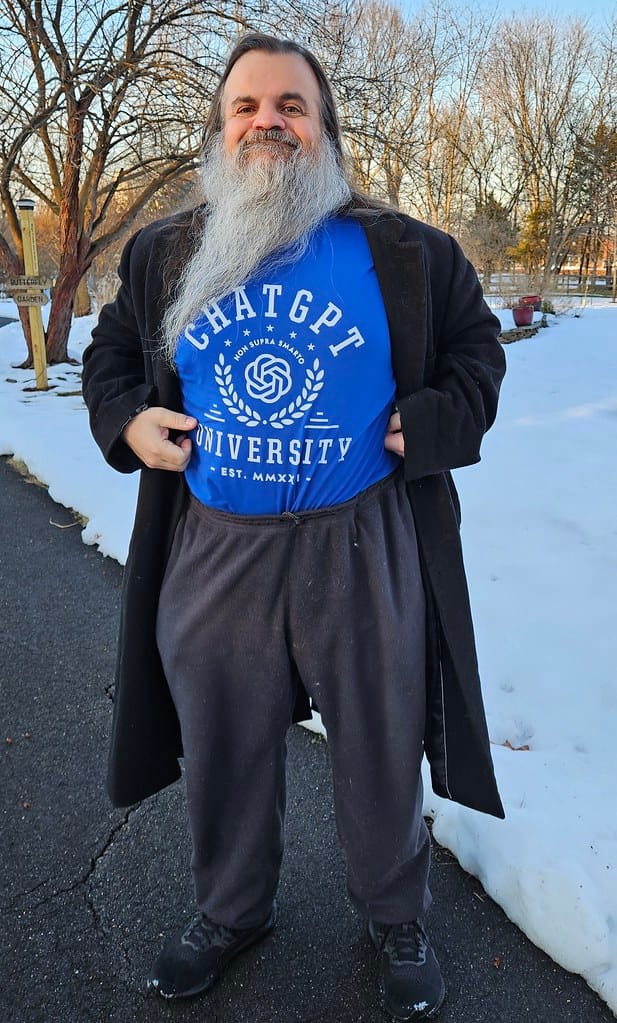OpenAI Reveals How the World Really Uses ChatGPT in Groundbreaking First Study
OpenAI has finally pulled back the curtain on how millions of people actually use ChatGPT, releasing their first comprehensive study into user behavior patterns that challenges assumptions about AI adoption and reveals surprising insights about the future of human-AI interaction.
The study, analyzing usage data from millions of ChatGPT sessions, paints a picture of AI integration that's both more diverse and more practical than many experts predicted. Rather than replacing human workers wholesale, the data shows users are leveraging ChatGPT as a sophisticated thinking partner across an unexpectedly broad spectrum of everyday tasks.
The Numbers Tell a Story
The research reveals that ChatGPT processes over 100 million queries weekly, with users averaging 12 interactions per session—significantly higher than typical search engine usage. Most striking is the 40% growth in returning users over the past year, suggesting that initial experimentation is evolving into genuine workflow integration.
"What we're seeing is not the replacement of human intelligence, but its augmentation," said Dr. Sarah Chen, one of the study's lead researchers. "People aren't using ChatGPT to think for them; they're using it to think better."
Beyond the Obvious Use Cases
While coding assistance and content creation dominate headlines, the study uncovers more nuanced applications. Educational support accounts for 23% of usage, with students and professionals using the AI for concept explanation and learning reinforcement rather than homework completion. Creative professionals represent another 18%, using ChatGPT for brainstorming and creative problem-solving rather than content generation.
Perhaps most surprisingly, 31% of users employ ChatGPT for what researchers term "cognitive offloading"—using the AI to organize thoughts, work through complex decisions, and structure their thinking process. This includes everything from planning major life decisions to organizing daily schedules.
The Trust Factor
The study also examined user trust patterns, revealing a mature understanding of AI limitations. Approximately 78% of regular users fact-check AI-generated information, and 82% report using ChatGPT as a starting point rather than a final authority. This suggests users have developed sophisticated strategies for AI interaction that maximize benefits while mitigating risks.
"We expected to see either blind trust or complete skepticism," noted research team member Dr. Michael Rodriguez. "Instead, we found users developing nuanced relationships with AI that demonstrate both appreciation for its capabilities and awareness of its limitations."
Professional Integration Patterns
The workplace adoption data reveals interesting patterns across industries. Technology workers lead usage at 34%, followed by education professionals at 22% and marketing specialists at 19%. However, adoption is spreading into unexpected sectors, with healthcare administrators, legal researchers, and financial analysts showing rapid growth in usage.
The study found that 67% of professional users report increased productivity, with the greatest gains in research, writing, and analysis tasks. Importantly, job displacement fears appear largely unfounded—only 3% of surveyed users reported ChatGPT replacing human roles entirely, while 71% described it as enhancing existing responsibilities.
Global Variations and Cultural Differences
International usage patterns reveal fascinating cultural differences in AI adoption. Asian markets show higher usage for educational support and language learning, while European users favor research and analysis applications. North American users demonstrate the most diverse usage patterns, suggesting different cultural attitudes toward AI assistance.
The study also tracked demographic trends, finding that while initial adoption skewed toward younger, tech-savvy users, the fastest-growing segment is now users over 45, particularly in professional and creative fields.
Looking Forward
The research identifies several emerging trends that could shape AI's role in daily life. Multi-turn conversations are becoming longer and more complex, suggesting users are developing more sophisticated interaction strategies. Additionally, task specialization is increasing, with users developing personal ChatGPT "workflows" for specific professional and personal needs.
The New Reality of AI Adoption
OpenAI's first comprehensive usage study reveals an AI adoption story that's both more pragmatic and more promising than dystopian predictions suggested. Rather than creating passive consumers of AI-generated content, ChatGPT appears to be fostering more engaged, critical thinkers who leverage artificial intelligence as a powerful cognitive tool.
The data suggests we're witnessing the early stages of a fundamental shift in how humans approach complex tasks—not by outsourcing thinking to machines, but by developing new forms of human-AI collaboration that enhance our natural capabilities while preserving human agency and creativity.

